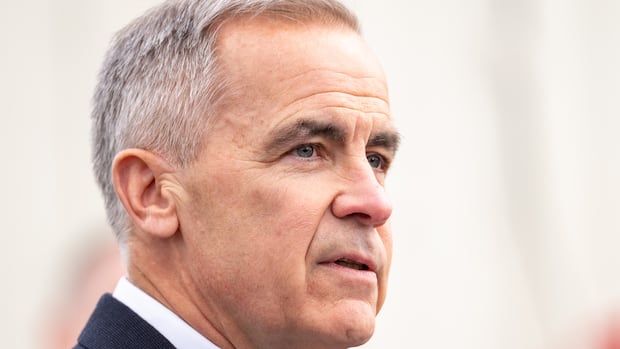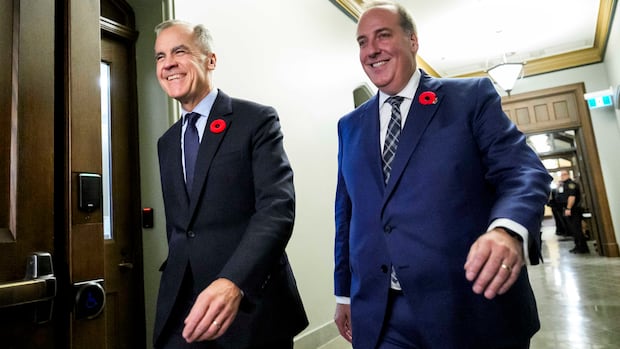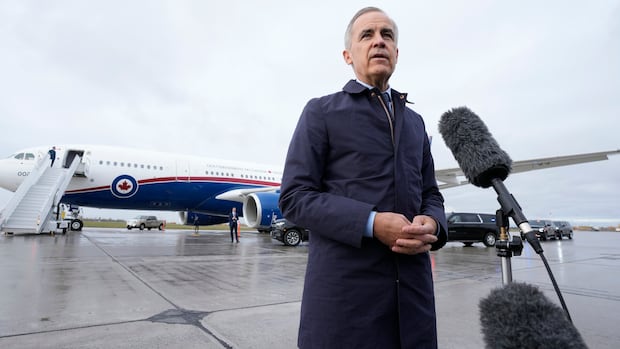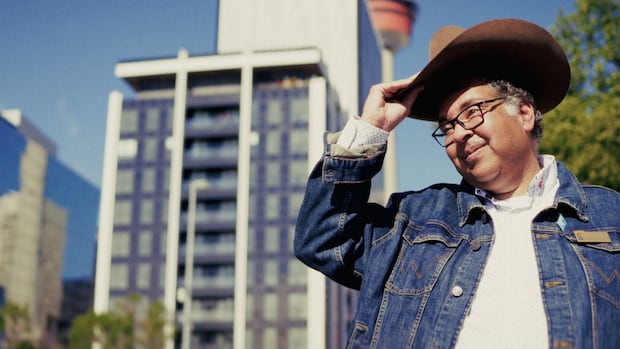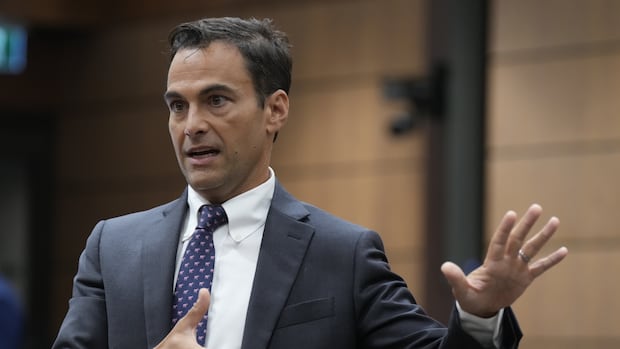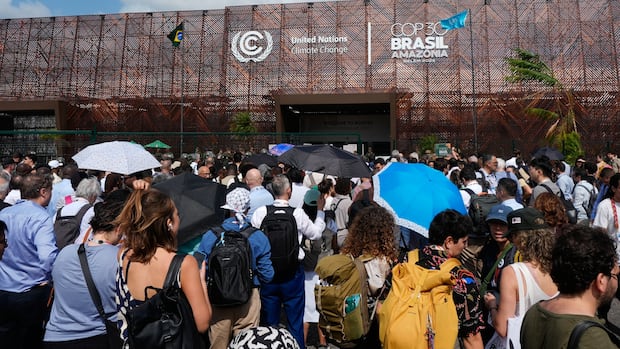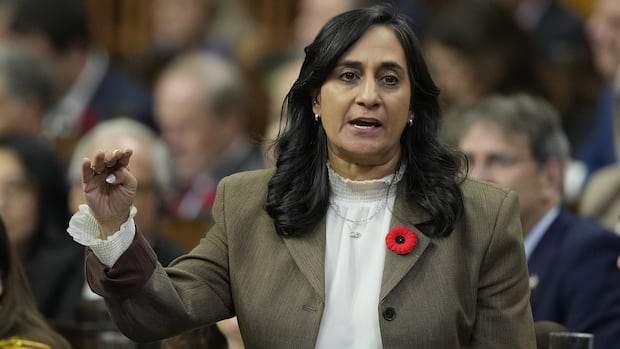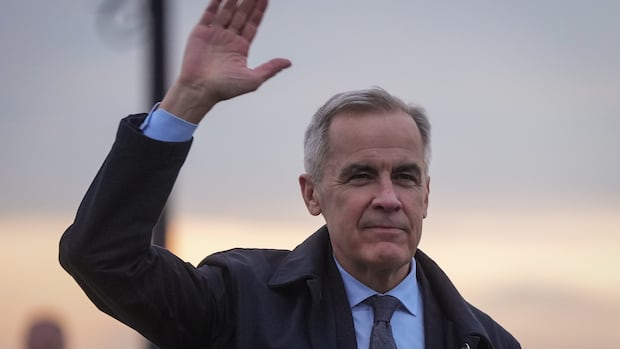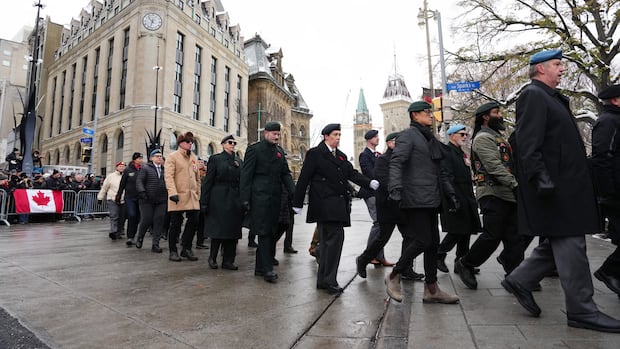Prime Minister Mark Carney will travel to the United Arab Emirates next week, as both that country and Canada face questions over alleged links to actrocities in Sudan.
The UAE is said to be supporting the paramilitary Rapid Support Force (RSF) in Sudan's civil war, while Ottawa is under the microscope over the reported presence of Canadian-made armoured vehicles in that same conflict.
The RSF has carried out gruesome massacres and other atrocities including mass rapes, over the past two weeks in Sudan, while rights groups question Ottawa's friendly relations with the UAE.
Yet there is no mystery about Canada's interest in the Gulf nation, which has enjoyed great diplomatic and commercial success in the 2020s, most recently winning the Trump administration’s approval to buy the world’s most coveted and closely guarded chip technology.
The UAE's money managers control some of the richest investment funds on the planet, worth over three trillion dollars, and the UAE Embassy in Ottawa says there is more than $30 billion of Emirati investment already in Canada.
There is "a lot of appetite for Canada," in the UAE, said National Revenue and Finance Minister François-Philippe Champagne, who will join Carney on the trip.
Carney and Champagne are seeking to build on a UAE-Canada relationship, which began to warm when the Harper government solved a longstanding dispute over landing rights and visa fees. A decade-long rapprochement included a nuclear deal and culminated in a memorandum of understanding in 2022 to manage the rapidly growing trade and investment between the two countries, and a defence co-operation arrangement.
WATCH | Canadian weapons in Sudan:More than two years into a civil war that has killed tens of thousands in Sudan, an analysis by CBC’s visual investigations unit has identified Canadian-made rifles in the hands of a paramilitary group responsible for massacres of civilians. Ashraf Ahmed, president of the Sudanese Canadian Community Association, discusses these findings and what Sudanese Canadians want to see Mark Carney’s administration do to help their loved ones in Sudan.But the war in Sudan has recently damaged the UAE's reputation, amid allegations that Emirati money is funding atrocities there that have shocked the world.
The UAE has denied all allegations it is backing the RSF, or profiting from Sudan’s misery.
"Since the onset of the civil war, the UAE has consistently supported regional and international efforts to achieve an immediate ceasefire, protect civilians, and ensure accountability for violations committed by all warring parties," said the UAE foreign affairs department in a statement to CBC News. "We categorically reject any claims of providing any form of support to either warring party since the onset of the civil war, and condemn atrocities committed by both Port Sudan Authority and RSF."
But critics point to a pattern of flights between the UAE and Sudan that suggest the continued movement of precious metals to the Emirates, and arms in the other direction.
Experts say the UAE is deeply involved in Sudan's grim civil war, as it seeks to ensure its access to that country's resources.
“The number one issue for the UAE is access to minerals, particularly gold,” said Mutasim Ali, legal counsel of the Raoul Wallenberg Centre for Human Rights.
“And then second, I think, access to Port Sudan.”
That port, on the eastern coast of the Red Sea, is an important centre for resources flowing toward the UAE from across Africa, particularly minerals, says Ali.
"In Libya and in Yemen and Ethiopia, Somalia and other places, you will notice that the UAE’s policies have been consistent in terms of getting access to ports, minerals and, of course, agricultural lands," he said.
Meanwhile, the Globe and Mail reported in August on the appearance of Canadian-made armoured vehicles in Sudan.
Those vehicles were allegedly manufactured by Streit Group, a company which operates a large manufacturing plant in the UAE. Streit Spartan personnel carriers were photographed being used by the RSF in Sudan's Darfur region, while Amnesty International reported on the RSF’s use of Streit Gladiator and Cougar armoured vehicles, which the Sudanese army claimed to have captured in north Darfur.
“There have been reports of Canadian weapons on the ground in Darfur for, I think, a decade now," said Michael Bueckert of Canadians for Justice and Peace in the Middle East, which has called for a more effective arms embargo on Sudan.
"Canada continues to export increasing amounts of weapons to the UAE … and there's no evidence that Canada is taking efforts to cancel permits to or to take any real measure to stop this.
“So they're not really taking this seriously.”
Canada has been content to merely impose an embargo on direct arms sales to Sudan, while doing little to staunch the flow of arms through third parties, says Buecker.
“We don't know exactly where the RSF is getting them, but the UAE is the prime suspect given its history in the region, as well as the fact that Canadian companies based in the UAE produce these things," he said.
Bueckert says Canada must recognize there's no way to sell arms to UAE and be sure that they won’t end up in the arsenal of the RSF, citing the example of how Ottawa imposed a partial arms embargo on Turkey in 2020.
Global Affairs Canada did not respond to questions about Canada's position on the war in Sudan and the Emirati role in it.
The Emirati Embassy in Canada, and its Ministry of Foreign Affairs, also did not respond to questions from CBC News.
The UAE, though, could be even more insulated from such actions than Turkey, which is a NATO member, says Ali.
“It's really protected by Western countries and permanent members of the UN Security Council,” he said.
“None of the major states, including the United States or Canada or the United Kingdom and France are willing to to call out the UAE for backing the RSF. Oftentimes they say, you know, we are against external involvement in the Sudan conflict, but without naming the UAE.”
The UAE’s clout doesn't only come from its enormous sovereign wealth funds. It has also been diplomatically helpful to Western countries. It assisted Canada during the evacuations from Afghanistan following the Taliban's return to power in 2021. It won favour in Washington by signing up to the Abraham Accords in 2020 and normalizing relations with Israel.
“From private conversations," said Ali, "we also understand that the UAE sometimes even puts pressure not to even call out the actions of the RSF. And so you will see that sometimes, officials and ministers of foreign affairs will say, ‘we condemn the atrocities in El Fasher’ without naming the perpetrators.”
“The point is the UAE's really protected from any scrutiny. And this is the problem that we’ve been struggling with for the past couple of years.”


